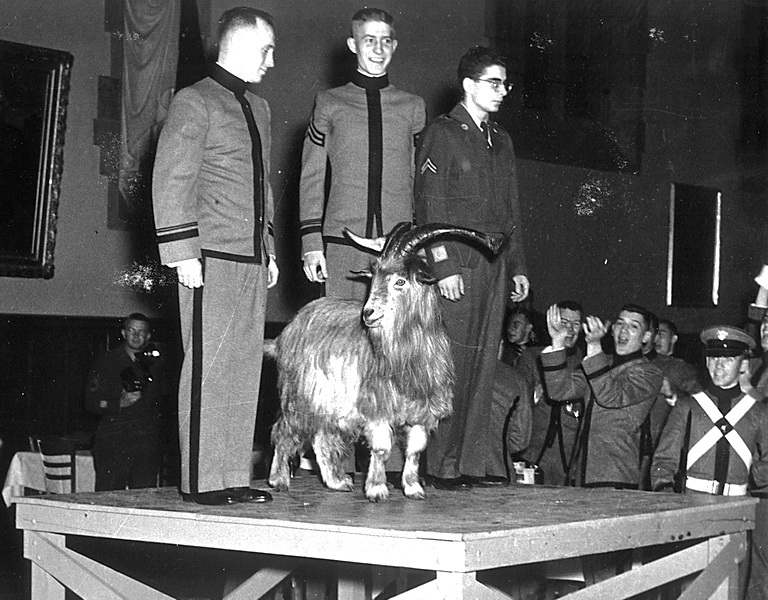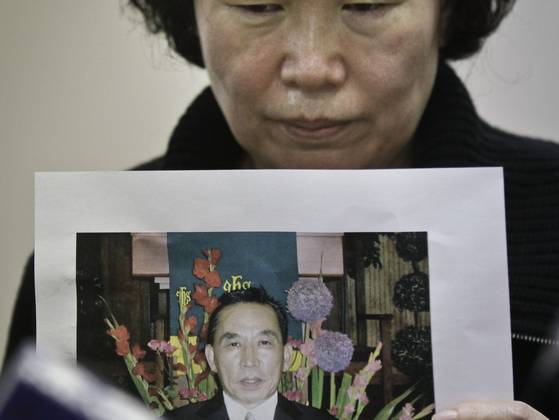The path to fulfilling, purposeful work is hard to walk alone.
Too often, even the smartest, seemingly most accomplished people don’t know how “to get out of their own way” to figure out what they should really be doing with their lives. The push towards clarity usually needs to come from the outside. Who that someone is, of course, is everything.
Most of my work has been inauthentic. I studied things, took jobs because of what others told me I should be doing with myself. I can’t believe that at this age I’m still living somebody else’s version of my life! The lens that looks beyond the here & now is unfocused. I squint, but still can’t see what I’m aiming for. I can’t see past my day-to-day to a more satisfying future. Well of course you can’t. Because you’ll never be able to see clearly through the fog of, say, a parent’s vision for you, through eyes that have always played an outsized role in what you think and feel about the world around you.
So the helpful holiday present I’m recommending may seem, at first, to come from exactly the wrong direction. While a skillful stranger with none of the presumptions you grew up with can provide the catalyst for rethinking your life’s work, you’re probably going “home for the holidays” in a couple of days. As incredible as it may sound, you might also find someone there who can help you out with this.
I’m relying solely on anecdotal evidence mind you, but in my family and in nearly every family I know anything about, it seems that similarities in personality and perspective skip a generation. Now admittedly, some of it may be due to the concerted efforts of daughters not to become their mothers, sons their fathers, and so on, but I think it goes much deeper than this. That great aunt, great uncle or grandfather may have a lot more in common with you than any of the others around the holiday table, and this family member has a present with your name on it.
All you have to do is retrieve it.

What richer or more familiar repositories of stories, life lessons and family traditions are there than the older relatives you’ll be spending time with in coming days? I’d start with the one you always connected with most naturally, because you’ll cover more territory when your conversation with them starts to roll. And roll it will.
As in other situations, you can help your luck along here by thinking beforehand about what you’d like to find out from them, and then doing a little research so you know more about his life or her career when they were your age. You might be surprised at how someone with similar wiring confronted hurdles like the ones you’re facing. You also might be surprised by how much you’ll learn about yourself when you start tapping into all that accumulated wisdom.
What’s less surprising is how few of us ever get around to asking.
Karl Pillemer, who teaches courses on human development at Cornell, wanted to do something about that, while also preserving some of what was being lost. He is the guiding force behind the Legacy Project, whose website and YouTube channel provide access to life lessons collected from hundreds of older adults on topics ranging from marriage and parenting to their careers.
In his own life and work, Professor Pillemer has also come to appreciate the personal benefits that are realized on both sides of the Q & A, and certainly on the answering side. In a recent interview, he offered this simple advice:
Ask them for their life stories, but try to tap their life’s wisdom. If you ask a person for advice, it empowers them. It honors a person’s life experience.
Who helped you along the way? What mistakes did you make? How did you make ends meet? Did you ever want to settle for less? Why didn’t you?
With the holiday season upon us, and New Year’s resolutions ahead, being home for the holidays may provide you with an unexpected opportunity to think productively about the future direction of your life and work. But the present won’t be given to you unless you ask someone for it.




